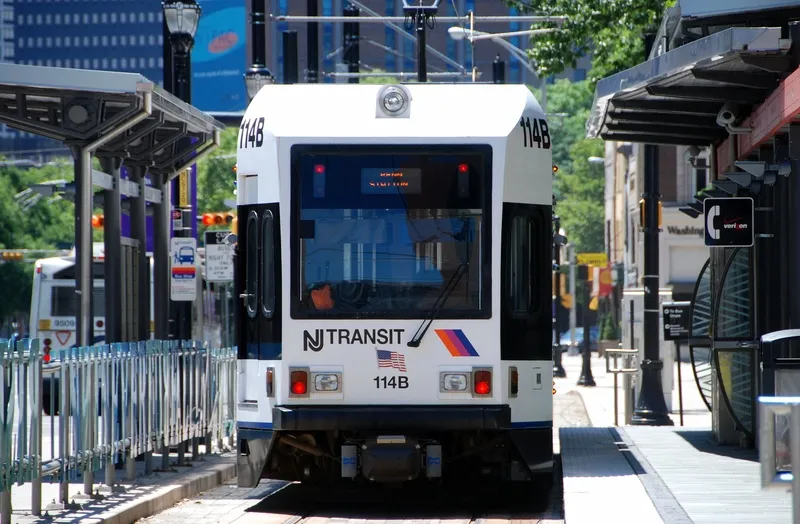The Metropolitan Transportation Authority Metro-North Railroad, working with transit mobile ticketing specialists Masabi US, will begin testing a smartphone app that will let people buy their train tickets anywhere, anytime and never have to hold a piece of paper. During the pilot, select users will be able to download the free app to their iPhone, Android or Blackberry phones. Through the app, these users can buy any type of ticket, one-way, round trip, 10-trip, monthly etc, with any origin and destination
July 13, 2012
Read time: 2 mins
The 1267 Metropolitan Transportation Authority Metro-North Railroad, working with transit mobile ticketing specialists Masabi US, will begin testing a smartphone app that will let people buy their train tickets anywhere, anytime and never have to hold a piece of paper.
During the pilot, select users will be able to download the free app to their iPhone, Android or Blackberry phones. Through the app, these users can buy any type of ticket, one-way, round trip, 10-trip, monthly etc, with any origin and destination, using their credit or debit cards to make the purchase.
The time and date stamped electronic ticket shows up on the purchaser’s phone screen as a secure image that a conductor can validate visually. The electronic ticket also shows as a barcode that can be scanned by a conductor’s hand held device to verify that the barcode is valid.
Next month, railroad staff will begin testing the mobile ticketing technology including a time measurement study to compare the new method to current on-board ticket selling, collection and inspection. Efficacy and anti-fraud measures also will be tested. If successful, Metro-North Railroad plans to expand the pilot to its customers.
“Smartphones have the potential to transform the public transit systems across the United States. Passengers will be able to quickly and easily find, buy and display tickets on their phones wherever they are without having to worry about carrying cash or waiting in line, thereby providing a better commuter experience,” said Giacomo Biggiero, director of Masabi US. The company also is working with5200 Massachusetts Bay Transportation Authority (MBTA) to introduce a smartphone rail ticketing system later this year.
During the pilot, select users will be able to download the free app to their iPhone, Android or Blackberry phones. Through the app, these users can buy any type of ticket, one-way, round trip, 10-trip, monthly etc, with any origin and destination, using their credit or debit cards to make the purchase.
The time and date stamped electronic ticket shows up on the purchaser’s phone screen as a secure image that a conductor can validate visually. The electronic ticket also shows as a barcode that can be scanned by a conductor’s hand held device to verify that the barcode is valid.
Next month, railroad staff will begin testing the mobile ticketing technology including a time measurement study to compare the new method to current on-board ticket selling, collection and inspection. Efficacy and anti-fraud measures also will be tested. If successful, Metro-North Railroad plans to expand the pilot to its customers.
“Smartphones have the potential to transform the public transit systems across the United States. Passengers will be able to quickly and easily find, buy and display tickets on their phones wherever they are without having to worry about carrying cash or waiting in line, thereby providing a better commuter experience,” said Giacomo Biggiero, director of Masabi US. The company also is working with









